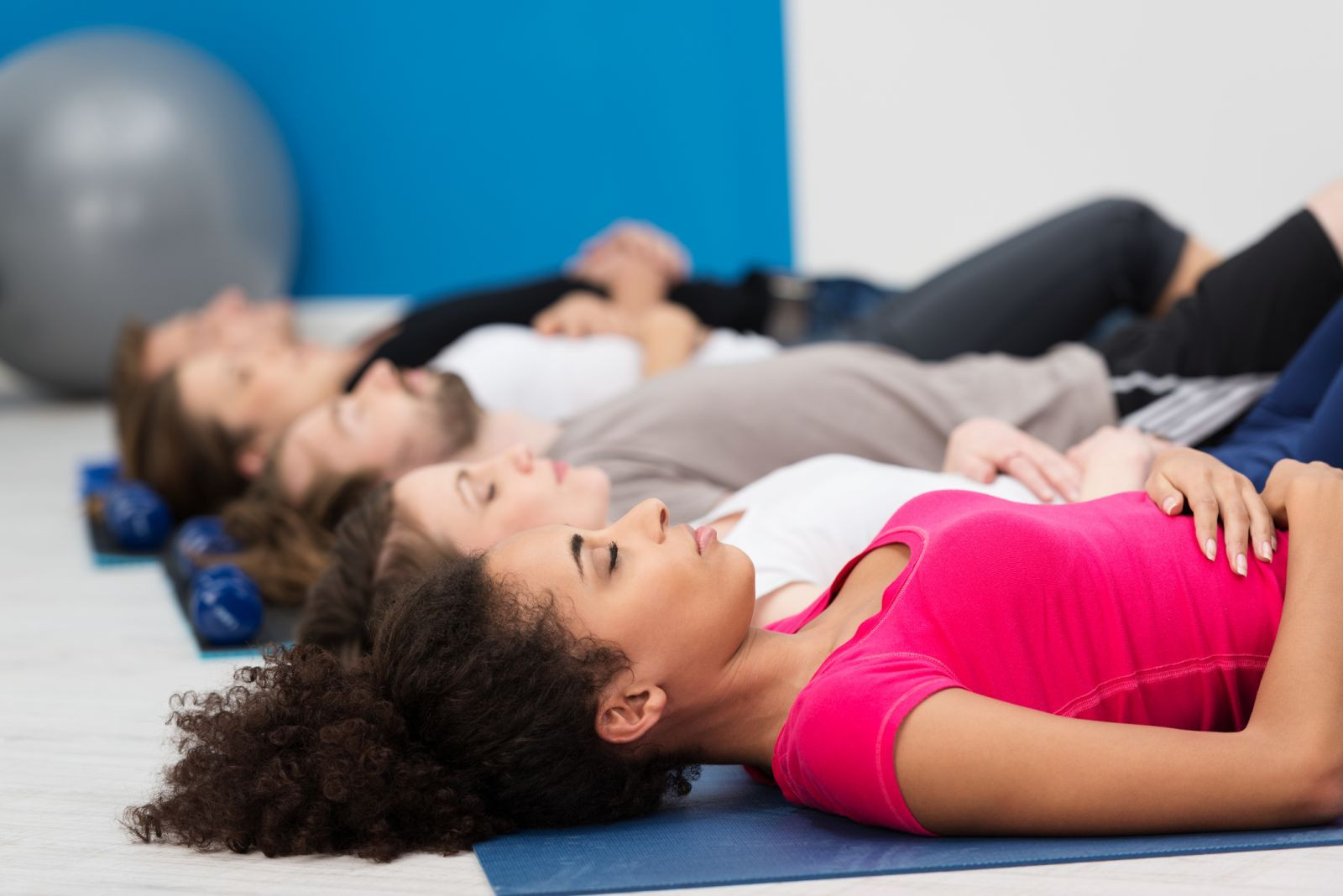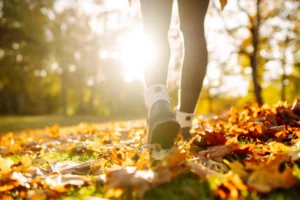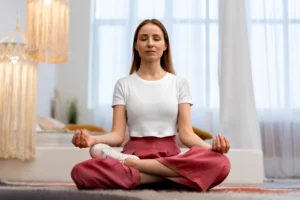Today’s world is busy and stressful, and many people feel stressed all the time. A little bit of stress can sometimes motivate you to perform better, but chronic stress can seriously damage your physical and mental health. That’s why rest is not a luxury, but a necessity. Relaxation techniques are powerful tools that can help you regain control of your life, clear your mind, and relieve stress in your body. Learning how to relax and doing it regularly can significantly improve your health and well-being.
Why relaxation is important
When you feel anxious, your body produces chemicals such as adrenaline and cortisol. These chemicals help you deal with the ‘fight or flight’ emotion. This response can be useful in emergency situations, but chronic exposure to stress hormones can lead to health problems such as high blood pressure, fatigue, anxiety, and sleep problems. Relaxation techniques help counteract these effects by activating the body’s natural relaxation response. This will calm you down, lower your heart rate, lower your blood pressure, and improve your digestion.
Relaxation is also good for your brain. It clears your mind, helps you focus, boosts your creativity, and helps you make smarter decisions. Making it a habit to relax every day increases your mental strength and builds a barrier against worry.
Calm down immediately and take a deep breath
Deep breathing is one of the simplest and most effective ways to calm yourself down. Slow, deep breaths help calm the nervous system and immediately reduce the stress response. When you breathe deeply, your brain receives the signal to relax and your body does the same. Diaphragmatic breathing is a popular method. While practicing, inhale slowly through your nose while expanding your abdomen, then exhale slowly through your mouth.
You can use this method anytime, anywhere, even during a stressful meeting, before bed, or while stuck in traffic. Just a few minutes of deep breathing can dramatically change the way you feel.
Progressive muscle relaxation
Progressive muscle relaxation (PMR) involves tensing and then relaxing different muscle groups in the body. This method teaches you how to release stress from your body and become more aware of it. Tense each muscle group for a few seconds, working from your toes to your head. Then slowly relax each muscle group.
PMR not only relaxes your body, it also helps you clear your mind. It is especially effective for people who have trouble sleeping or who experience physical symptoms of stress, such as headaches or muscle stiffness.
Meditation and Presence
Many people now know that meditation and mindfulness can help them manage stress. By focusing on a single event, thought, or action during meditation, you become more aware and can train your attention. Mindfulness is a form of meditation that helps you become aware of your feelings and thoughts without judging them.
Practicing mindfulness, even for a short period of time each day, can help people relieve anxiety, sadness, and chronic stress. As you practice regularly, you become more aware of what is causing you stress and can better manage your emotions. With apps and guided exercises, you can easily integrate mindfulness into your daily life.
Guided Imagery and Visualization
The core of guided imagery is focusing your attention on beautiful images in your mind, so that you feel calm and peaceful. You can imagine a quiet beach, a walk through the woods, and a beautiful mountain view. Even if you are in a stressful situation, your brain can relax when you visualize it.
You can listen to a music tape to help you with the exercise, or simply close your eyes and imagine a relaxing scene. Visualization can help you release stress and focus on more relaxing things.
Essential Oils and Aromatherapy
Essential oils are often used in aromatherapy to improve physical and mental health. Certain scents, such as lavender, chamomile, and eucalyptus, are thought to relax the mind and body. These scents can help you reduce anxiety, improve your sleep, and make you happier.
By adding a few drops of essential oil to bath bombs, diffusers, or candles, you can practice aromatherapy. There is a simple, easy way to relax that is effective in your daily life.
What are the benefits of exercise for you?
Exercise may not seem relaxing, but it is one of the best ways to deal with stress. Endorphins are natural mood enhancers, and lower your stress hormone levels. Listening to soothing music when you’re feeling stressed can help.
Music therapy is also used in hospitals and clinics to treat anxiety disorders. Singing or playing a musical instrument can also help you express your feelings.
Create a relaxing space
How relaxed you can be largely depends on where you are. A busy, crowded, or chaotic space can make you feel stressed, while a clean and organized space can help you unwind. Make a few small changes in your space to make it calmer. Dim the lights, add soft textures, use soothing colors, and reduce noise.
Spending time outdoors has also been shown to reduce stress. Being around trees, water, or greenery can make you feel better and less stressed. If you can’t get outside, bring nature indoors with natural plants and decorations.
Make relaxation a daily habit
You don’t have to spend a lot of time finding ways to bring calm into your daily life. The key is to be consistent. Just ten to fifteen minutes a day can make a lasting difference. Choose a method that you enjoy and that fits into your schedule. Schedule your relaxation time the same way you schedule your meetings. This is good for your health and well-being.
Over time, these methods will become second nature to you. You will be able to better manage stress, sleep better, and have more control over your emotions. Relaxation is not something you do passively; it is a way to regain your energy, focus, and mental balance.
Final Thoughts
Relaxation is a great way to cope with the stresses of modern life. You can dramatically change your physical and mental health by adding stress-relieving activities such as deep breathing, mindfulness, guided imagery, exercise, and music to your daily routine. Relaxation is not a way to avoid tasks; it is a way to prepare yourself to approach them with a focused and calm attitude. Take time to relax and unwind so you can face each day with more peace and confidence.




